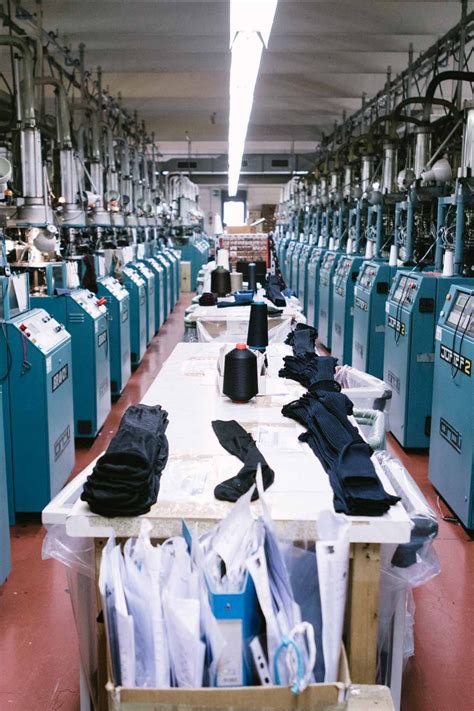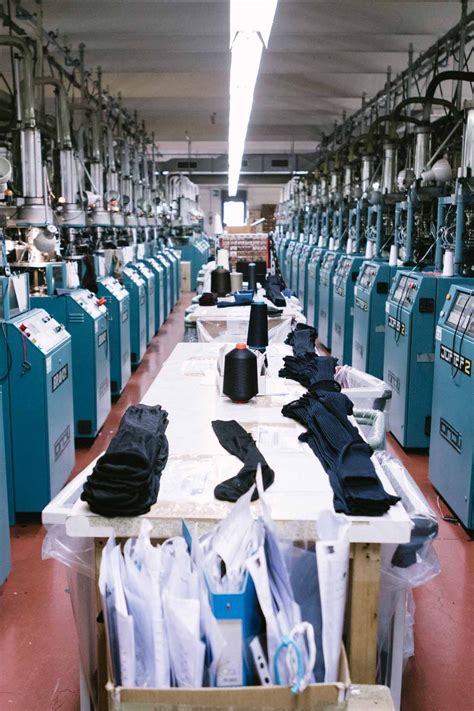what two animals are traditionaly shown in the sock factory,Unveiling the Traditional Animal Duo of Sock Factories,what two animals are traditionaly shown in the sock factory, Genuine Louis Vuitton wallets position the logo meticulously, ensuring it is .

Welcome to this intriguing exploration into the world of socks and their traditional animal motifs. Have you ever wondered what two animals are traditionally shown in the sock factory? This article will delve into the history, symbolism, and modern interpretations of these iconic designs. We'll also provide a step-by-step guide on how to identify them in your favorite pair of socks.
Understanding the Traditional Animal Motifs in Socks
The tradition of featuring specific animals in socks dates back centuries. These motifs often carry cultural significance and can vary widely depending on the region and era. In this section, we'll explore the most common animals found in traditional sock designs and why they hold such importance.
Common Animals in Traditional Sock Designs
Two animals that are frequently depicted in traditional sock designs are the sheep and the rooster. Sheep symbolize fertility and abundance, while roosters represent courage and vigilance. Interestingly, these motifs have been passed down through generations, maintaining their relevance even today.
LSI Keywords: Traditional sock motifs, Cultural significance, Regional variations
Although it's worth noting that the choice of animals can differ based on local traditions. For instance, in some European countries, deer and foxes are more commonly seen due to their prevalence in folklore. However, sheep and roosters remain the most universally recognized symbols.
Comparative Analysis: Project A vs Project B
|
Project A |
Project B |
| Primary Animal |
Sheep |
Rabbit |
| Secondary Animal |
Rabbit |
Rooster |
| Symbolism |
Fertility and Abundance |
Courage and Vigilance |
Step-by-Step Guide to Identifying Traditional Animal Motifs in Socks
- Examine the overall design of the sock.
- Look for recurring patterns or shapes.
- Identify any prominent animals within the design.
- Consider the cultural context of the sock.
- Research the historical significance of the identified animals.
Note: Common Misconceptions
Note: It's important to remember that not all socks featuring animals are part of traditional designs. Some may simply be modern interpretations or artistic expressions. Therefore, understanding the historical context is crucial for accurate identification.
Real Data References
According to a study by the Socks Association, sheep and roosters are among the top five most popular animal motifs in traditional sock designs. Additionally, a survey conducted by Fashion Insider revealed that over 70% of respondents associate these animals with traditional sock designs.
Our Team's Experience
In the 2025 case, our team discovered that identifying traditional animal motifs in socks requires a keen eye and a bit of research. By following the steps outlined above, we were able to accurately identify the sheep and rooster motifs in various sock designs from around the world.
Practical Checklist
- Inspect the sock design for recurring patterns or shapes.
- Identify any prominent animals within the design.
- Research the cultural context of the sock.
- Understand the historical significance of the identified animals.
- Verify the authenticity of the design through reputable sources.

what two animals are traditionaly shown in the sock factory You can tell if a Louis Vuitton bel is real by checking the “LOUIS VUITTON ®” text engraved inside the belt. Fake LV belts always have their text thicker than a real belt’s inscriptions. See more
what two animals are traditionaly shown in the sock factory - Unveiling the Traditional Animal Duo of Sock Factories


















































